Announcing our new quarter two beneficiaries!
By AdministratorApril doesn’t just bring showers and tax day. It also brings new Humanist Grants beneficiaries! Each of this quarter’s beneficiaries highly values evidence-driven interventions and includes integrated data collection and evaluation in their program designs. We are proud to support the work they do!
APOPO, our Human Rights beneficiary, is an innovative organization that uses trained detection HeroRATs to tackle a surprising combination of humanitarian challenges. Their approach to using these rats for landmine and tuberculosis detection is based on scientific research and their methods are well documented for easy replication. APOPO’s methods are both fascinating and ground-breaking. Tackling such diverse problems as health issues and landmine removal requires a powerful combination of skills and provides much-needed services for the communities affected by these challenges.
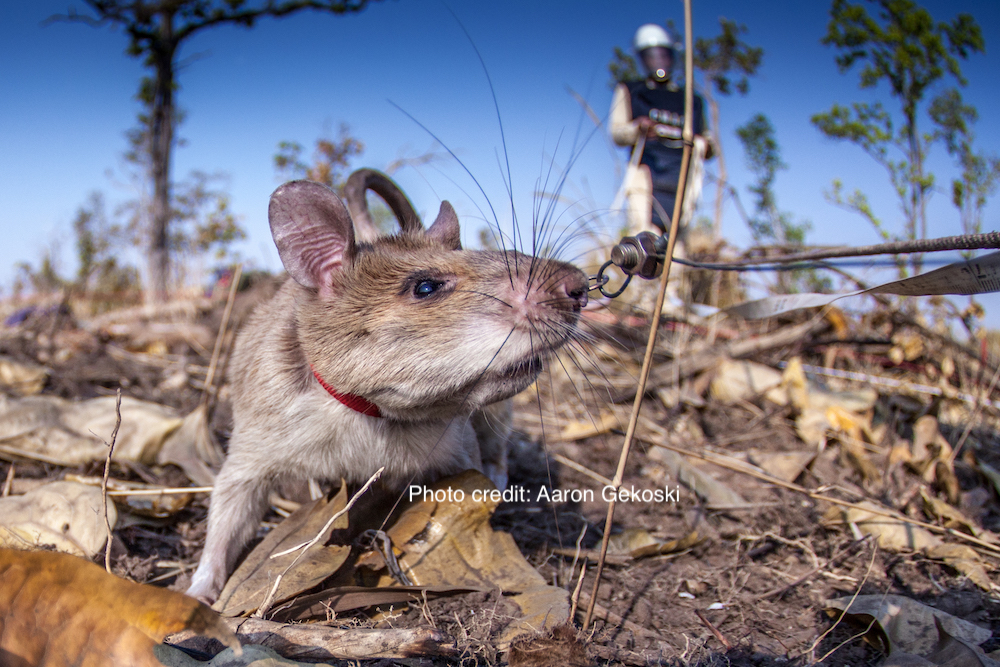
The idea to use rats in mine detection was thoroughly researched in the mid- to late 1990s through a number of feasibility and scientific studies. The research proves this approach is not only interesting but also effective. The studies also included selecting the proper species to train for the project. The landmine program is functioning in four countries on two continents and has detected and deactivated more than 19,500 landmines, returning more than 23,600,000 acres of safe land to local communities. The giant trained rats used for landmine detection are too light to set off the landmines, so they are not put in danger by this work.
The tuberculosis detection program has identified more than 14,700 cases of TB beyond what traditional methods diagnosed. The detection method does not put rats or technicians in danger of contracting TB. All the rats live in enriching environments where they receive high quality food, stimulation, and interact with trained handlers, none of which ends with retirement.
We can safely farm again and our children can play without fear, says Sam Mucaveli who raises cows in Mozambique.
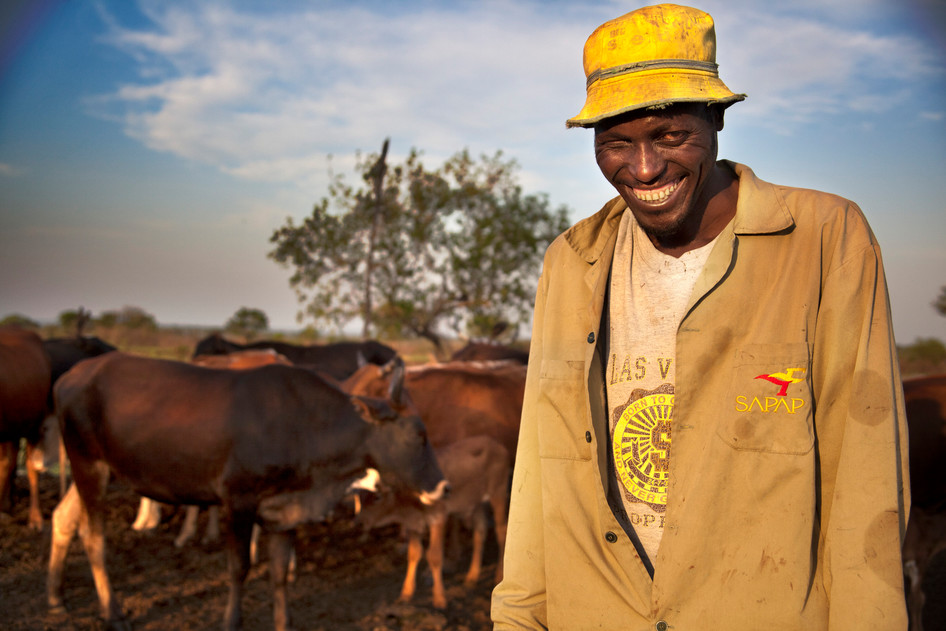
APOPO exemplifies finding innovative and evidence-based interventions for the world’s problems. FBB is proud to support this outstanding organization.
GlobeMed, our Poverty & Health beneficiary, supports 59 partnerships between universities and community-based health organizations throughout the world. Chapters are paired one-to-one to develop long-term relationships with their community-based organization; each focuses on one of six impact areas, such as Maternal Health or Communicable Disease Prevention.
Believing that health is a basic human right, GlobeMed aims to strengthen the movement for global health equity. Students provide a source of energy, fresh ideas, and creativity, and as a student-funded organization, GlobeMed trains new activists in social justice and health equity. Leaders come together each year in Evanston, IL for the annual summit to share stories and work to improve the reach of their activism. GlobeMed also supports global health education curricula through this annual summit.
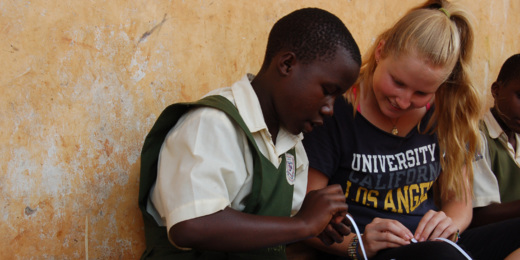
Health is a basic human right. Yet people living in poverty continue to die of preventable and treatable diseases. Health determines how we live and why we die. By focusing on the foundations of health, like clean water, nutritious food, and medical care, we can save and empower thousands of lives. Imagine a world in which everyone had the chance not only to survive but thrive. What could we accomplish? We have the power to make this vision a reality. It all starts with health, one life, family, and community at a time.
GlobeMed’s grassroots organizations and connections impact people in impoverished situations, impact students who raise money and awareness for their community organization, and change the lives of students and alumni who participate in internships across the world every summer.
Everybody Solar, our Natural World beneficiary, protects the environment and strengthens communities by bringing solar energy to nonprofits. They coordinate in-kind donations, engineering specifications, solar expertise, installation, and fundraising for these projects in order to offset 100% of the costs for nonprofits to go solar. By greatly reducing the organizations’ energy bills, financial resources can be redirected to increase the impact of the organizations.
To date, Everybody Solar is currently working on four projects and has completed ten projects for nonprofits with missions ranging from providing bicycles to children in low-income communities to preserving Lakota people and culture. Their ten projects have resulted in 195 tons of CO2 averted and is the equivalent to planting 4,658 trees.
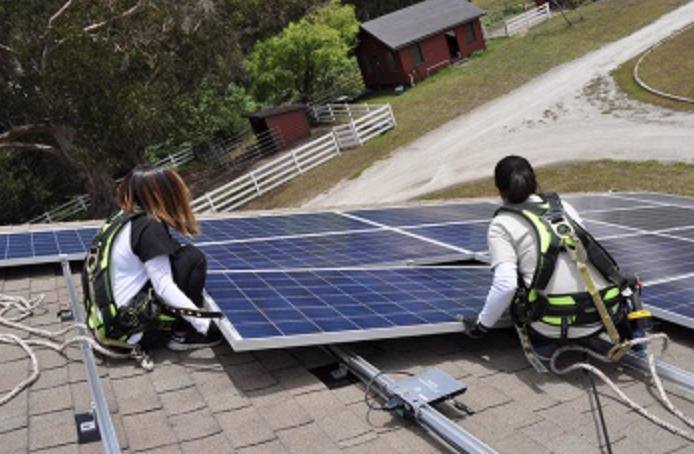
We are bringing solar power to communities one roof at a time. Our projects reduce costs for charities and help them better achieve their missions.
The staff’s knowledge base regarding solar energy is profound and is shared on its website. Everybody Solar’s model multiplies their impact not just by installing renewable energy, but by doing so in a way that simultaneously supports vulnerable communities.
Inkululeko, our Education beneficiary, recognizes the challenges that South African township youth face in low-income, low-expectation communities that are a legacy of apartheid. Inkululeko provides skills, support, and guidance so that these students are ready to apply, attend, and succeed at university. Inkululeko works within existing frameworks to address the challenges and opportunities that the community has identified.
Current participant, Zanele Magopeni, said, “Inkululeko is a great place to be in, because not only does it focus on our academics, but also other factors that make us humans such as [an] awareness campaign about drug abuse in youth. I will belong to Inkululeko for life.
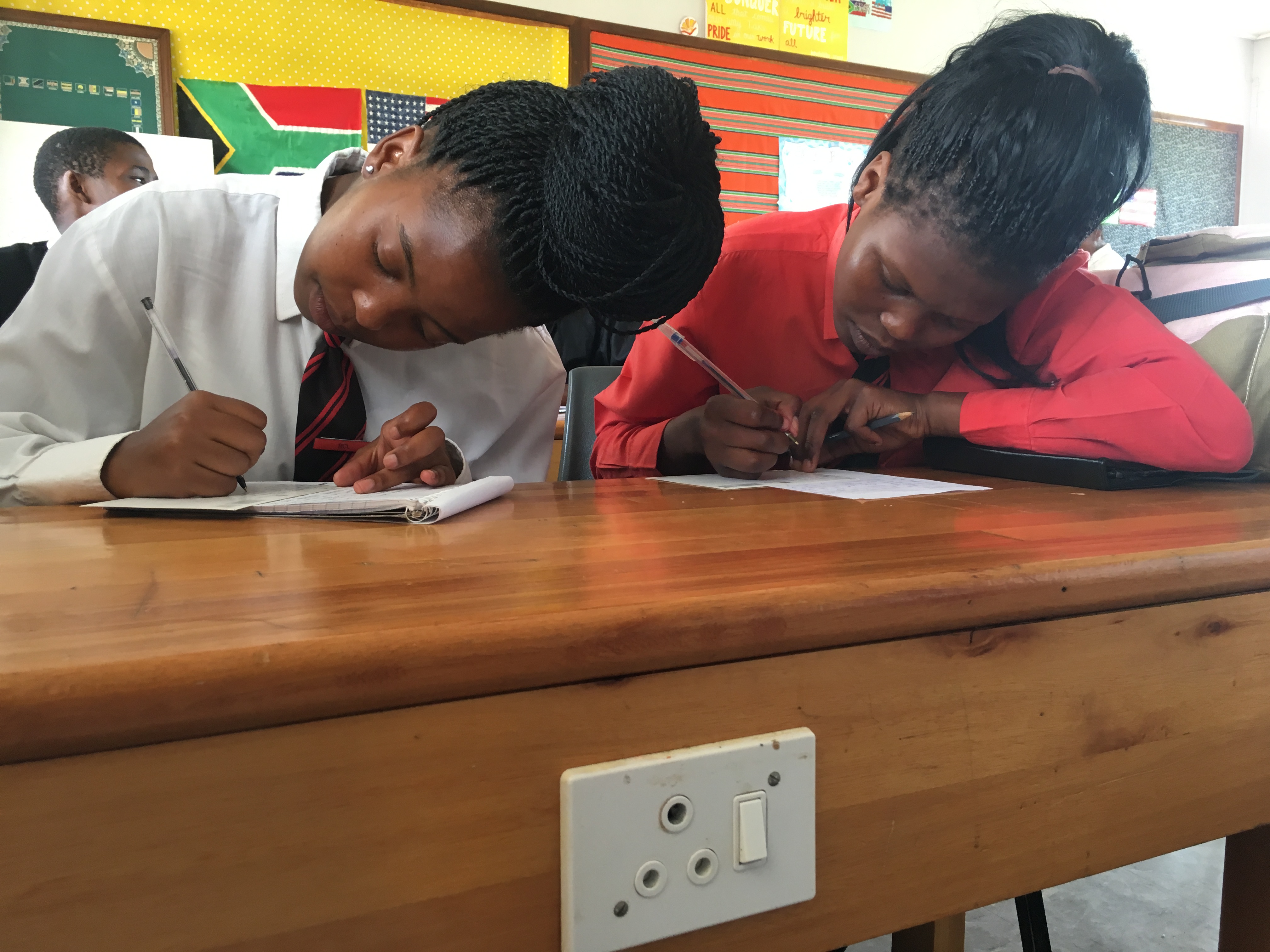
Inkululeko is a relatively new organization, but has already incorporated evaluative tools to make sure their interventions are effective. Their program is locally driven, designed to be sustainable, and is addressing the effects of historic colonialism in the region. FBB if proud to support this organization.
